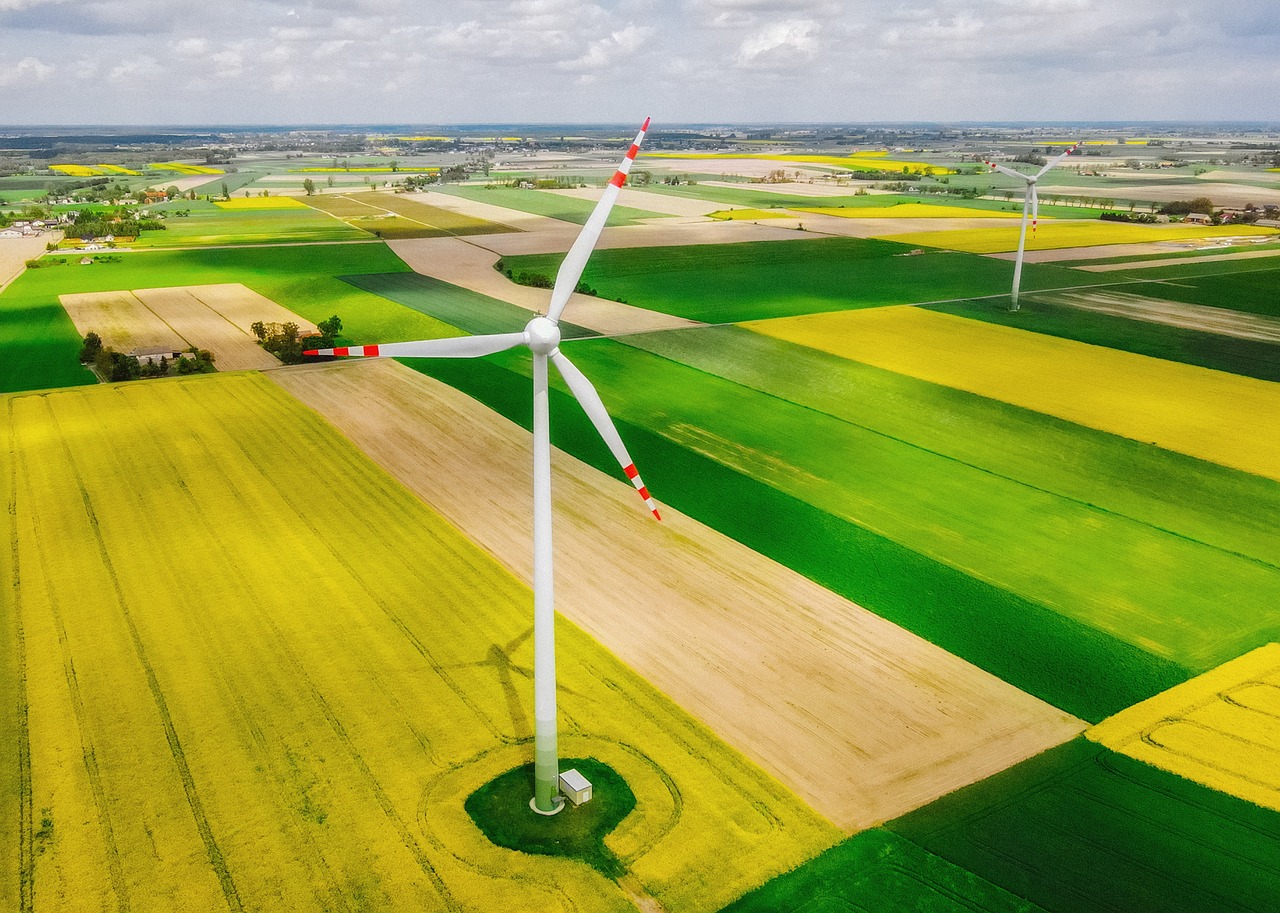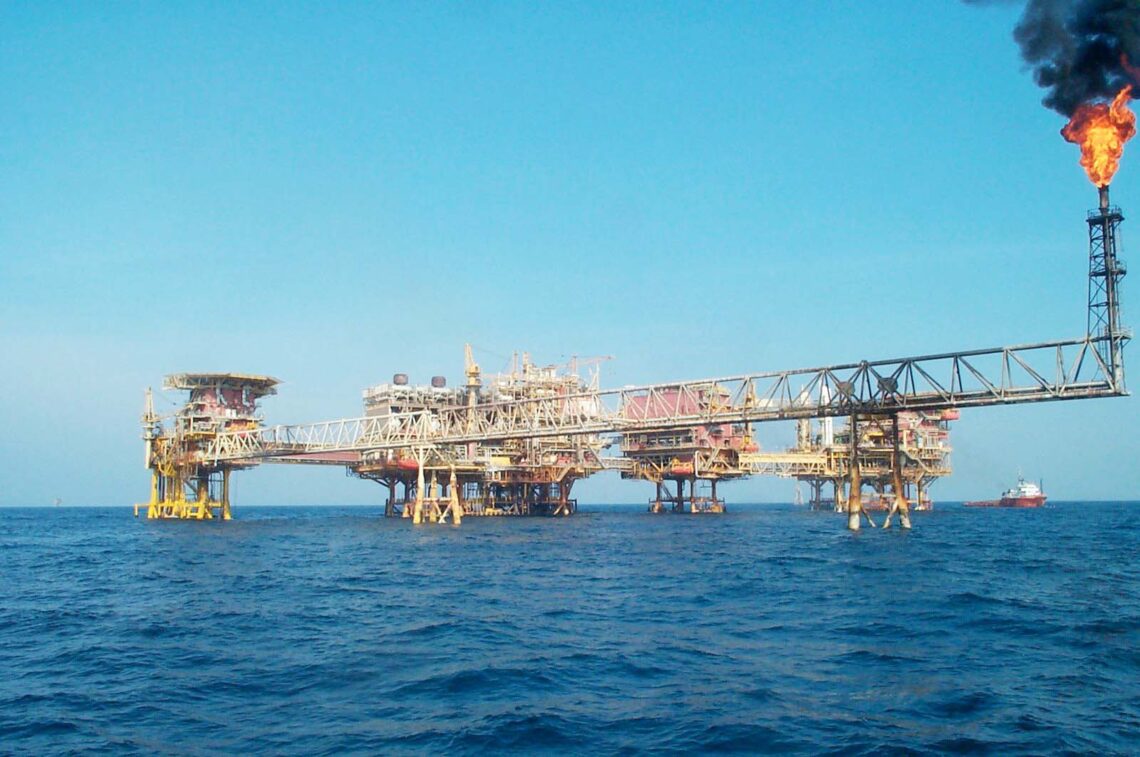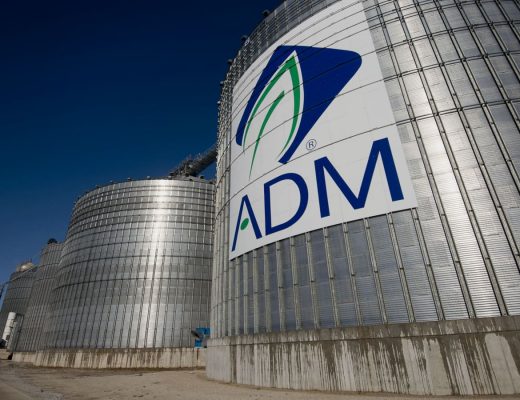India’s largest oil and gas producer to invest in RES
India’s largest oil and gas corporation, ONGC, will invest US$12 billion in RES. The funds will be used for various alternative energy projects.
This decision aligns with the company’s intention to diversify its assets and reduce its dependence on fossil fuels. According to ONGC’s strategy, its investment portfolio will include renewable energy projects with a total capacity of around 10,000 MW by 2030. As of March 2023, this stood at 189 MW.
Representatives of the Indian company have said they intend to expand their presence in the renewable energy sector. For ONGC, alternative energy sources are one of the main directions of business development. The company notes that India’s demand for oil and gas will grow until 2040.
ONGC has no plans to reduce its investment in fossil fuels in the coming years, as this sector remains an important source of profit for the company. By 2023, most of the company’s investment will be in exploring new deposits and producing conventional fuels. At the same time, ONGC is striving to meet climate change targets. By 2038, the company must achieve zero emissions from its internal processes.
ONGC corporation activity
In India, ONGC accounts for 70% of oil production and about 50% of gas production. The company is state-owned and owns more than 60% of the business. The company’s oil meets about 30% of domestic demand.
ONGC produces from 26 basins in India. It also owns pipelines with a total length of 11,000 km.
The company was founded in 1956 by increasing the authority of the state commission, which dealt with oil and gas. Three years later, this body was given even more powers, enabling it to become a fully-fledged organisation. The company’s tasks included the development and implementation of programmes for oil production and petroleum products.
ONGC has been producing feedstock in India and other countries since 1959. In addition to existing fields, the company has explored new areas. Production from the major offshore fields in the Arabian Sea began in 1974.
In 1994, following a reorganisation, the company floated 2% of its shares on the stock exchange and gave the same number of shares to its employees. Five years later, ONGC swapped 10% of its shares with two Indian gas and oil producers. This reduced the government’s stake in the company to just over 84%.
In 2003, ONGC expanded outside the Indian market by investing in Brazil, Vietnam and Sudan assets. During the same period, it acquired local oil refiner MRPL.










